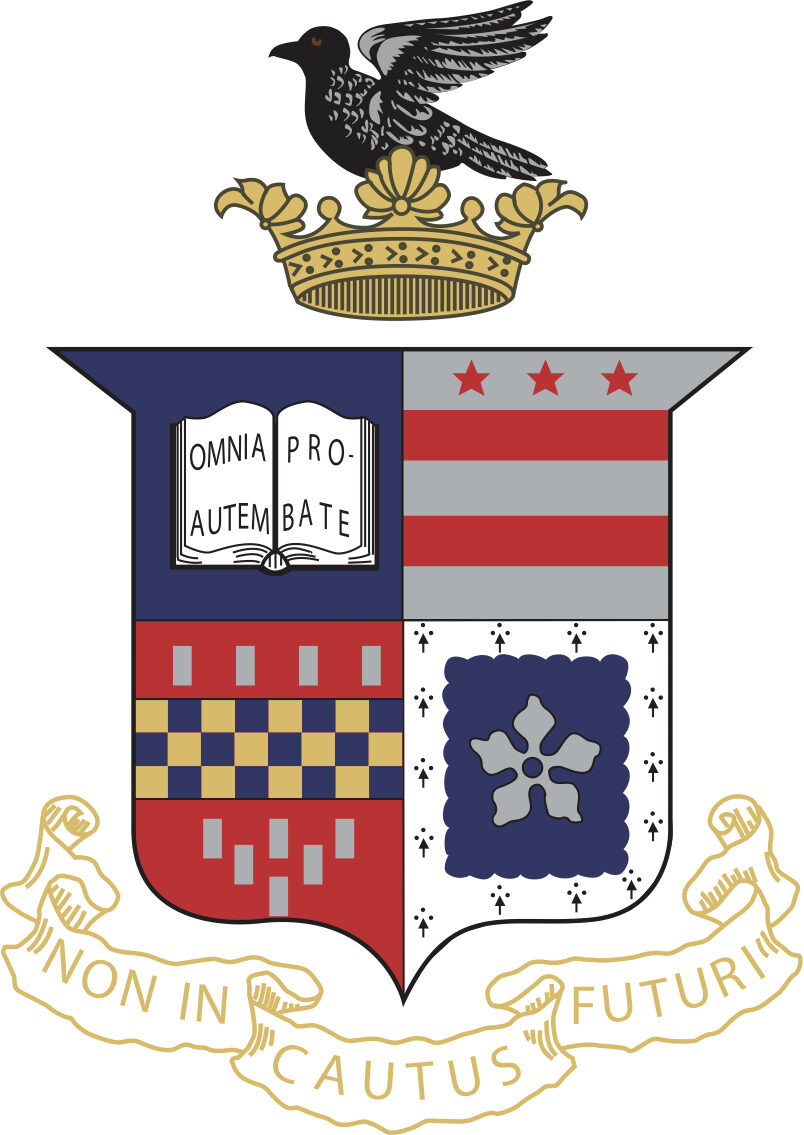Shareholder activism—using an equity stake in a corporation to influence management—has become a popular tool to effectuate social change in the twenty-first century. Increasingly, activists are looking beyond financial performance to demand better corporate performance in such areas as economic inequality, civil rights, human rights, discrimination, and diversity. These efforts take many forms: publicity campaigns, litigation, proxy battles, shareholder resolutions, and negotiations with corporate management. However, a consensus on scope is lacking. Should corporations change their own operations to reflect a specific agenda or use their power to influence society on a much broader scale? Distinctions between private and public become blurred in light of the ubiquitous and inevitable influence corporations wield over third parties. Theoretical absolutes on the individualist-communitarian spectrum may underestimate the complex co-dependent and co-responsible interrelationship between corporations and modern society. Critics may fairly question why corporations, arguably society’s most potent institutions, should sit idle on problems like civil rights.
This essay offers a historical account of a seminal civil rights decision, Belton v. Gebhart, in the Delaware Court of Chancery. The circumstances surrounding the Belton case illuminate the limits and potential of shareholder activism to bolster civil rights in the modern context. Examining a historical civil rights example is instructive for thinking about how shareholder activism might advance the modern civil rights agenda.
Part II of this essay examines Belton v. Gebhart in its contemporary context. Part III examines the key differences between past and present civil rights-related shareholder activism. Part IV concludes that Belton v. Gebhart, along with its surrounding circumstances and events, vividly illustrates that advancing civil rights requires a range of tactics that leverage public, private, and philanthropic resources. Shareholder activism works best as part of a multipronged activist strategy, not as a substitute for other types of activism. Recognizing the complex challenges associated with advancing civil rights, this essay raises key questions about the nascent environmental, social, and governance (ESG) framework with which scholars, practitioners, and other observers must contend.
This article builds upon the author’s remarks at the 2018-2019 Lara D. Gass Annual Symposium: Civil Rights and Shareholder Activism at Washington and Lee University School of Law, February 15, 2019.
